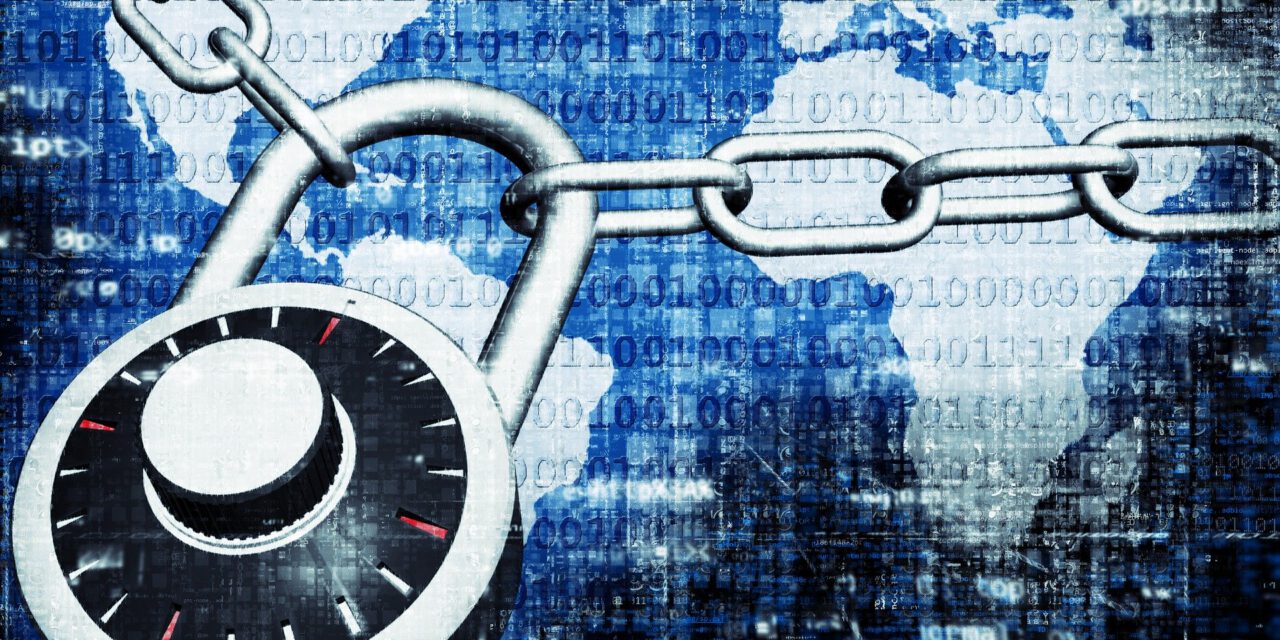Anonymization techniques are essential for data analytics or in test/dev databases. Anonymization and pseudonymization are very different but often confused. GDPR does not apply to anonymized data anymore. GDPR is still applicable for pseudonymized data that can be achieved by hashing or tokenization.
There are various anonymization techniques like
- Data redaction
- Differential privacy
- Grouping/clustering with k-anonymity, l-diversity, and similar methods
- Generating synthetic data with the help of lookups or with machine learning models
Trust is becoming essential when working with data — ethics and privacy have to be protected. The entire data lifecycle must ensure data protection, from creation and storage to evaluation and sharing to archiving and deletion of data. Everyone is responsible for the trustful handling of personal data: “We need to defend the interests of those whom we’ve never met and never will“ (Jeffrey D. Sachs).
Read my full article on medium:
The following interview about the topic has been recorded during the DOAG conference in 2019.
and second part
